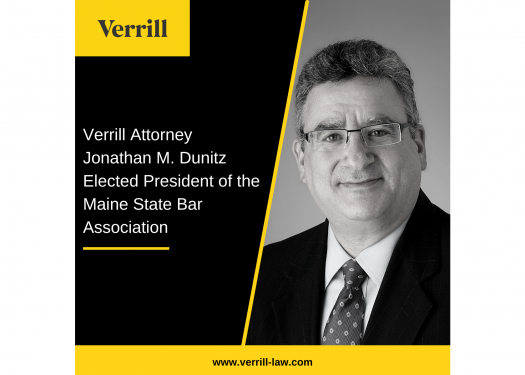Does a property insurance policy still provide coverage if a business does not reopen after the COVID-19 Stay At Home Orders are lifted?
Most property insurance policies in today’s market include a provision that causes coverage to lapse if the property is vacant (as defined by the policy) for a period in excess of 30 days. Fortunately, insurers have generally not enforced this limitation while businesses were under the COVID-19 orders that precluded them from being open to the public. As a result, in most situations, the property policies continued to provide coverage even if the buildings were arguably vacant. If you are not certain about your insurer’s stance, and closure orders remain in place, it makes sense to be in touch with your agent or insurer to confirm that your coverage is secure. What may become cloudy in the coming weeks is when/if coverage lapses if a business is permitted to open because the COVID-19 orders are lifted, but it remains impractical to reopen within 30 days of the date the order is lifted.
The problem arises because permission to reopen does not necessarily mean that an entity has the ability or desire to reopen when permitted to do so. For example, some states continue to require out-of-state residents to quarantine upon their arrival in the state they are visiting. This requirement limits the potential clientele for hotels, restaurants and other businesses that cater to travelers. Some orders limit how many people can enter a building or be served at one time. These limitations on potential clientele may make it cost prohibitive to reopen even though there is no longer a prohibition on opening non-essential, customer-facing businesses. Other entities may not be able to provide for social distancing, while others may decide that the potential risks for opening outweigh the benefits at this particular point in time. There are likely hosts of other reasons or combinations of reasons that cause a business owner to delay opening after the governing authorities permit them to do so.
If a business is not going to reopen for a period in excess of 30 days after the COVID-19 orders are lifted, it places its property insurance coverage at risk. Some will think that the risk of property damage is reduced when there are no employees, customers or clientele in the business’s location. In reality, it is often the opposite. While it may seem counterintuitive, a vacant building actually increases both the risk of loss to the building and the potential dollar value of the loss. For example, if a guest in a hotel finds a leak in the ceiling or the bathroom he or she will call the desk, report the problem, and it will be remedied quickly. In that case, there may not even be a covered claim. If there are no guests and the room is not inspected regularly, that leak could cause significant damage before being discovered. The risks of vandalism to the outside of the building and the possibility of intruders entering hotel rooms and stealing and/or causing physical damage is also increased. The increased potential for property damage changes the assumptions on which the property’s premium was based. With a vacant property there is both an increased chance of losses and a higher risk that one or more of those losses will be catastrophic. For these and other reasons, insurers include the provision noted above that cause the policy to lapse if the property remains vacant in excess of 30 days.
Given the losses already sustained because of the COVID-19 closures, it will be difficult, if not impossible, to sustain an uncovered property damage loss. There are, however, options to attenuate these risks, but the business owner needs to contact its insurance agent or insurer once it has made the decision not to reopen for the season or to delay reopening more than 30 days. Depending on the relationships, it might be possible in some instances to obtain an agreement to keep coverage in place, so long as the property is inspected daily or at some other reasonable and regular interval. This will reduce the risks discussed above because issues will be timely discovered and the presence of someone regularly inspecting the property will reduce the danger of vandals or intruders. Alternatively, there may be a different policy available to cover the property. The premium might be higher because of the increased risk, and the coverage might not be as robust, but there will be some coverage, which is likely better than no coverage.
The bottom line is that it is always good for a business to keep in touch with its agent or insurer, particularly when there is a change to its business operations. Changes in equipment, the size or configuration of a building, or the number of people accessing the property could impact the cost and type of insurance. Deciding not to open or to delay opening once the government closure orders are lifted is probably such a change. It is far better to know the coverage options before a loss than to find out there is no coverage after a loss.
This post was authored by Verrill attorney Jonathan Dunitz and guest author Thomas Gregory of Thomas Gregory Associates Insurance Brokers.













